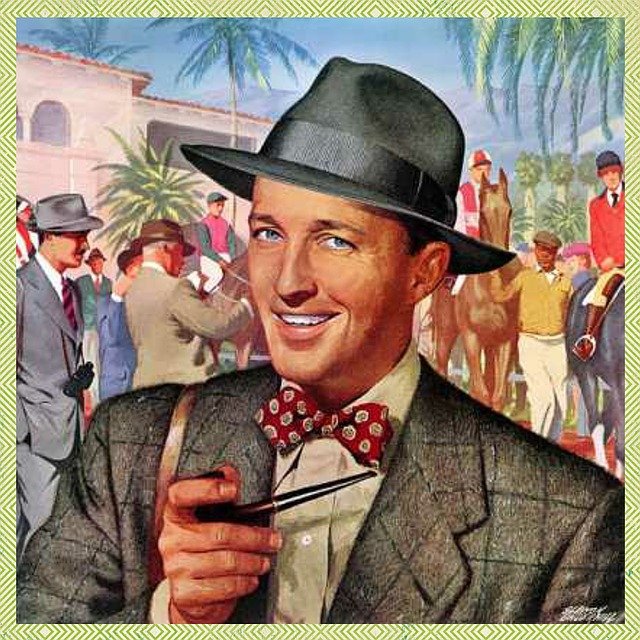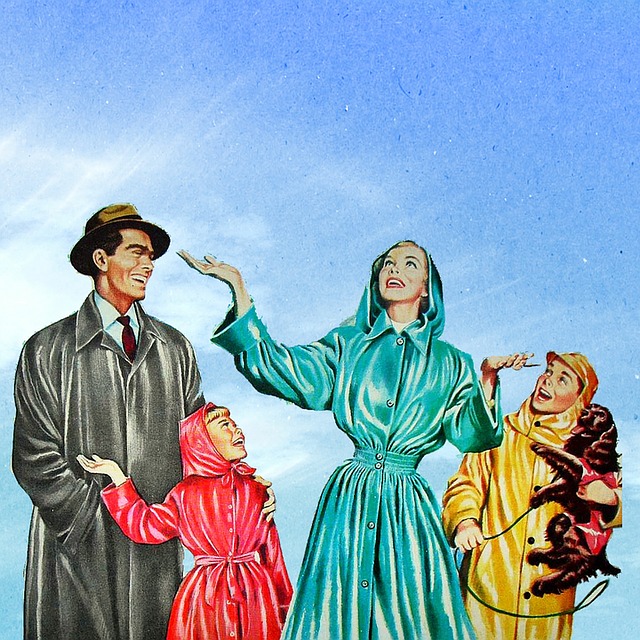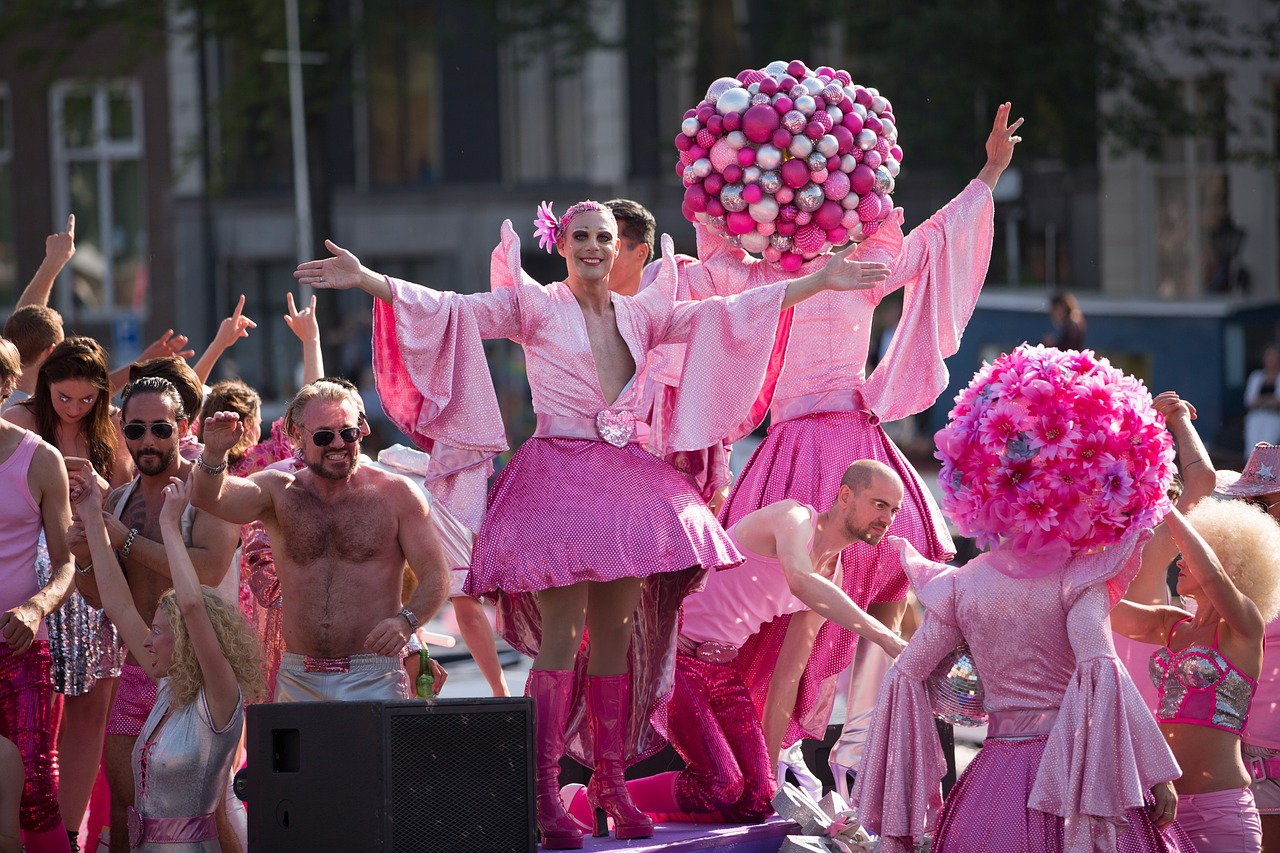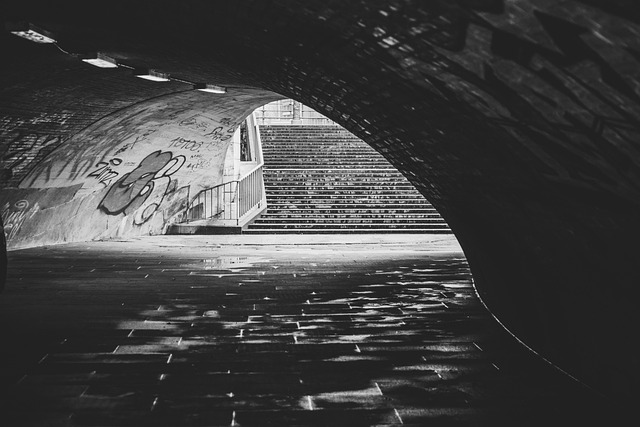 Our Western governments, especially the one in the United Kingdom, are doing everything to depress the people and their right to speak freely. And it is done through so-called hate crime laws. A type of legislation that was initially considered to be good, because it is heartfelt and important to fight hatred against minorities, etc. The interpretation of the concept of “hate” has unfortunately been eroded to the mild degree that the legislation can be abused for increasingly obscure purposes. Now, something called “hate incidents” is also being introduced. See clips from the British Government website:
Our Western governments, especially the one in the United Kingdom, are doing everything to depress the people and their right to speak freely. And it is done through so-called hate crime laws. A type of legislation that was initially considered to be good, because it is heartfelt and important to fight hatred against minorities, etc. The interpretation of the concept of “hate” has unfortunately been eroded to the mild degree that the legislation can be abused for increasingly obscure purposes. Now, something called “hate incidents” is also being introduced. See clips from the British Government website:
A hate crime is any criminal offence which is perceived by the victim, or anybody else, to be motivated by hostility or prejudice towards someone’s:
- race
- religion
- sexual orientation
- transgender identity
- disability
These aspects are known as ‘protected characteristics’.
A hate crime can include verbal abuse, intimidation, threats, harassment, assault and damage to property.
A hate incident is behaviour which isn’t a crime but which is perceived by the victim, or anybody else, to be motivated by hostility or prejudice based on the 5 protected characteristics.
Read especially the last paragraph, marked in bold. A hate incident is thus a subjective phenomenon, something that is “perceived” as an “incident”. Such floating legislation can of course be used against people who are disliked by the establishment or others, to silence them or to ruin their careers, etc. Who has not ever given a sour look, or made a bad joke that includes any of the specified groups? Barack Obama has done so in a talk show on prime time.
Joke about religion, for example, should not constitute a crime. You should be able to joke about everything, this was a common opinion a couple of years ago, though no longer apparent. The punishment is also not proportionate to the crime, to void something acidic about, for example, a religion, and then to resort to police interrogations and fines are wrong, and in addition to the waste of police time and resources. And there is already legislation in place regarding slander, defamation.
The Law on Hate Crimes and Hate Incidents is about something else.
I think unsuspectingly about China, where images of Winne the Pooh have been banned to a great extent. Yes, it’s true; the ban is about the teddy’s resemblance to the country’s venerable leader, who takes it badly. Pooh is used by the opposition to make fun of the rulers. And in the West, nowadays the green Frog Pepe is considered a hate symbol, also the OK sign, and the phrase Honk Honk, etc., etc. Various combinations of vegetable emojis are also considered problematic.
To start digging into people’s words, sentences, their everyday conversations, and banning certain expressions in this way is not healthy. And we recognize the phenomenon all too well from totalitarian societies. These are the methods of a dictatorship.







